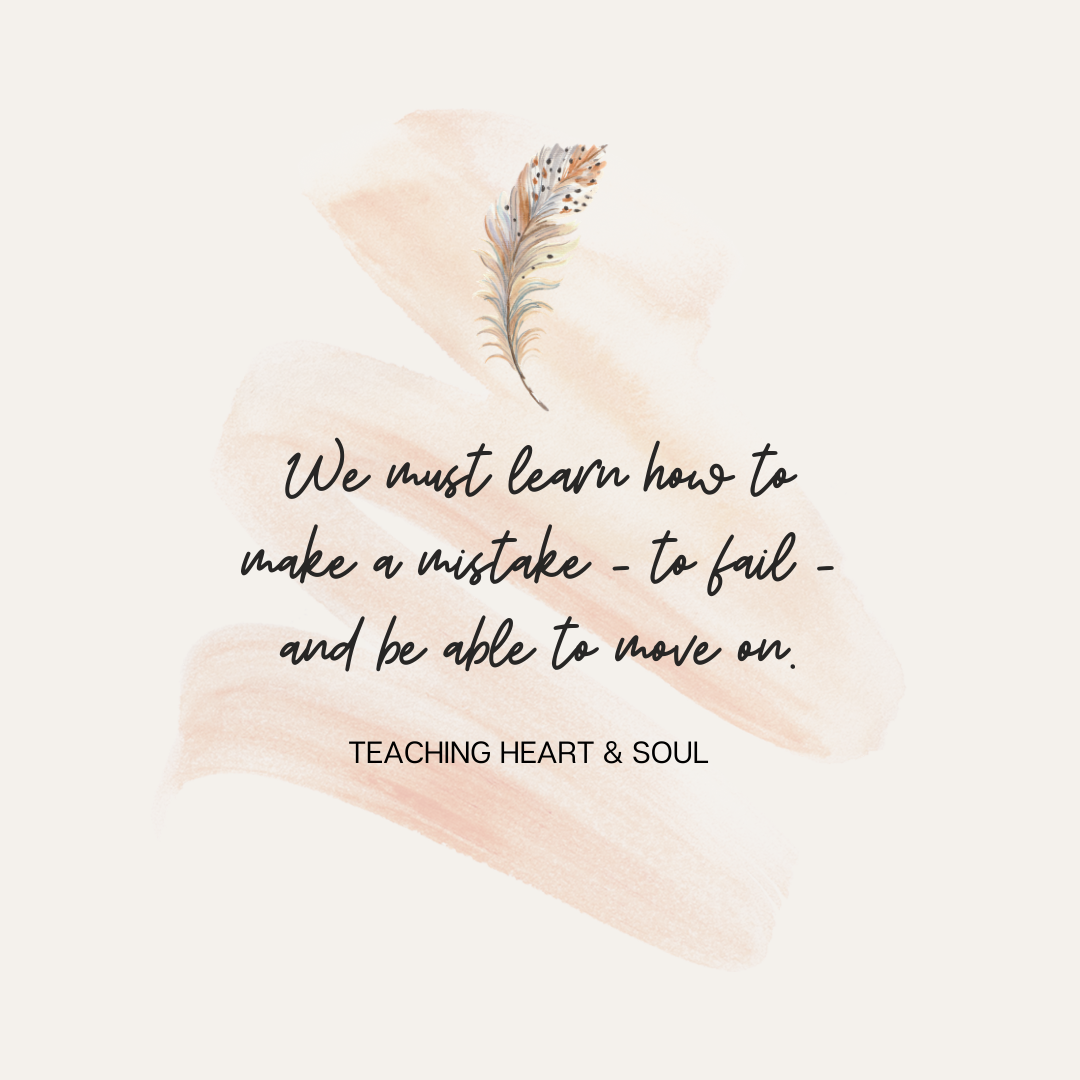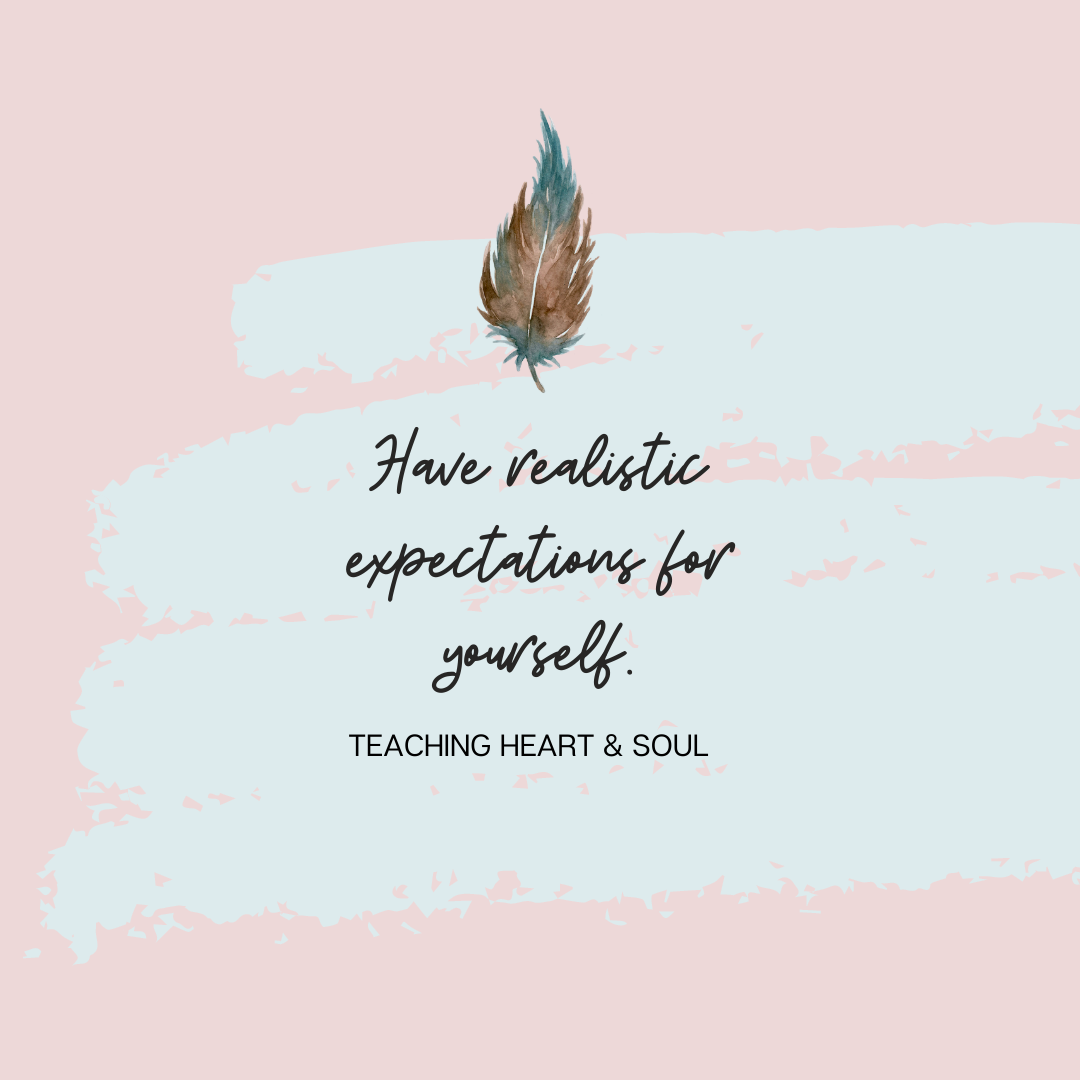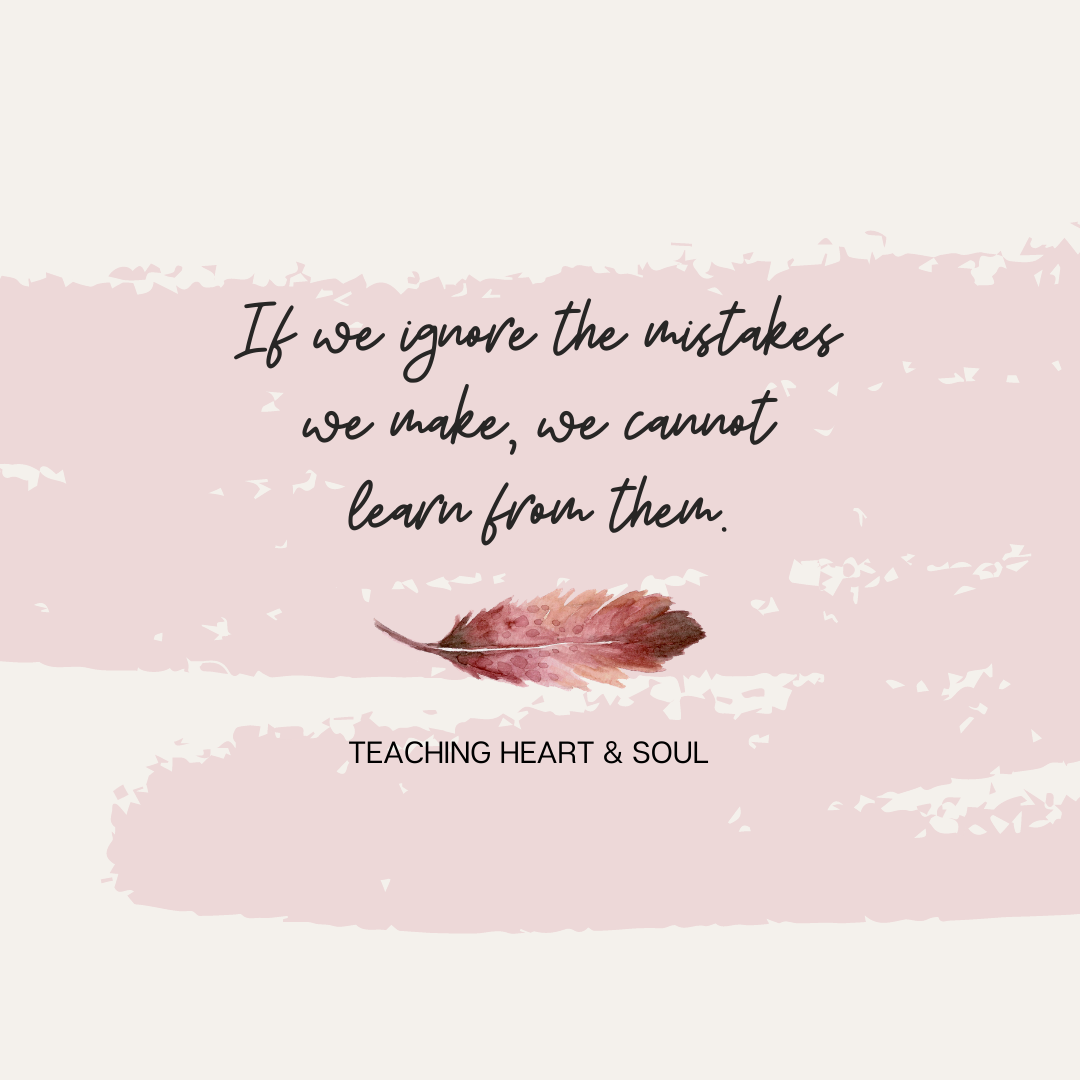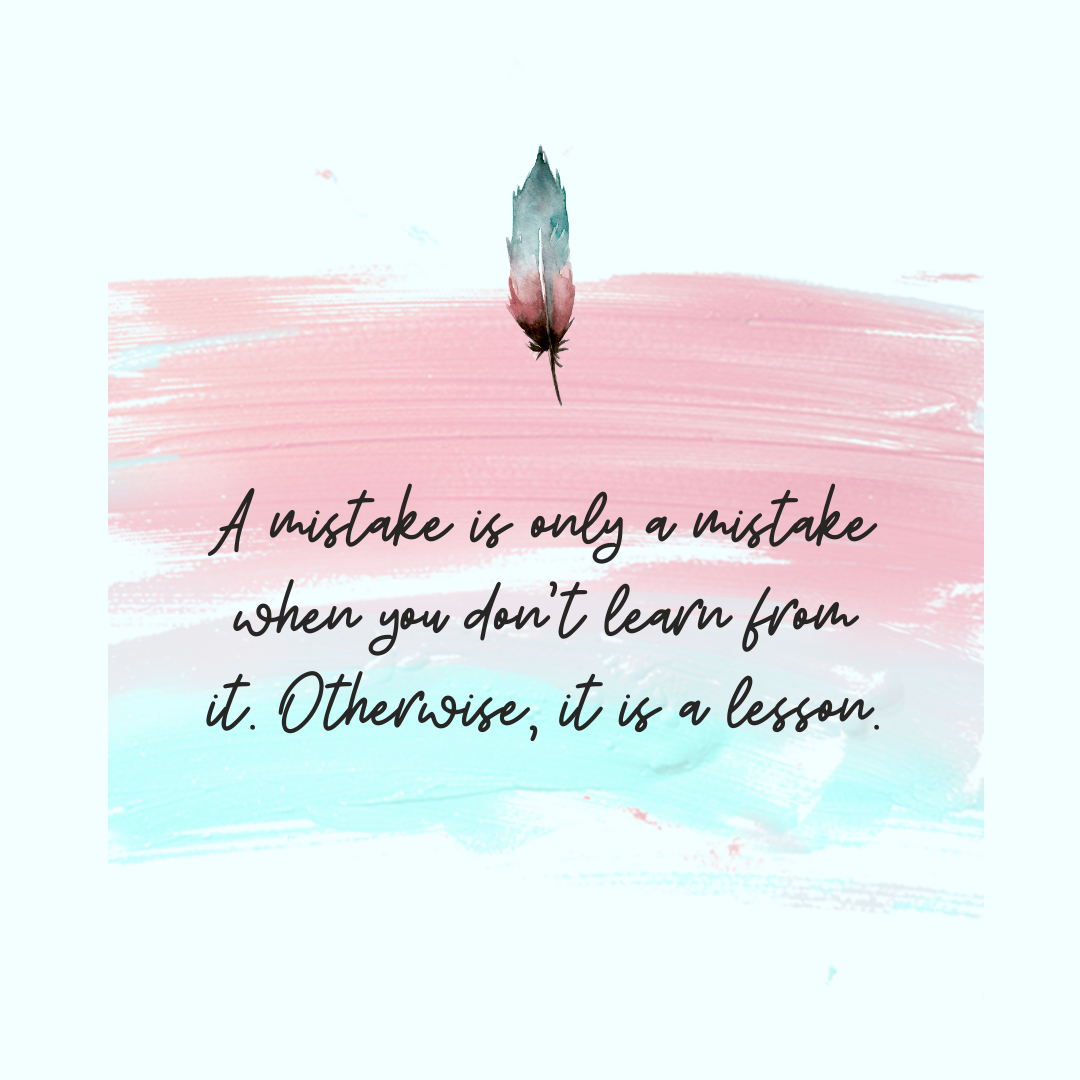For Teachers: How to Persevere When You Fail
When I was growing up, I felt a lot of pressure to perform. My parents were very strict, and any step out of line resulted in consequences. Not only was I supposed to do what was right, but I was also supposed to do things the exact way my parents wanted them done.
Being Taught That It's Okay
At one of my first jobs, I had a supervisor and friend who helped me work through a lot of these childhood issues.
When I first took the job, I was very insecure and did not want to take on any responsibility because I was afraid I would fail or disappoint my boss. She believed in me, gave me opportunities to test my skills and the freedom to do things my way, and gave me a safe place to fail.

It was a long time coming, but I finally learned how to make a mistake - to fail - and be able to move on.
It was such a change (and a relief!) when I learned how to do this.
Before, I was insecure, unable to make decisions with any risk, and unwilling to take responsibility for anything that I hadn't done before. This made it hard to grow.
Now, I am much more confident, able to make decisions and take responsibility for them, and willing to try new things.
To get where I am today, I had to learn how to fail -- and keep going.
It's still hard from time to time, but there are a few things I learned to get to this point.
Everybody Makes Mistakes
The first thing I had to do was understand that everyone makes mistakes.
I am a perfectionist. Whether this is due to nature or nurture, I'm not sure, (it's probably a mix of the two) but it made me think that I wasn't allowed to make any mistakes, even if other people did.

So, to start growing, I had to learn that everyone (yes, even a perfectionist) makes mistakes. It's a part of life.
While I'd feel great about myself if I was the only one on the planet who never made a mistake, that's not going to happen.
I learned that I needed to have more realistic expectations for myself. In particular, I had to understand that I would make mistakes (along with everyone else) and that it's okay.
Once I took this to heart, it started to become easier for me to make a mistake from time to time.
Take Ownership
The next thing I had to do was realize that taking ownership of a mistake is better than sweeping it under the rug.

In my article "Why Should Teachers Admit Their Mistakes?" I state, "Although it can be difficult to admit to our mistakes, this is the only way we have the power to make our situation better."
If we ignore the mistakes we make, we cannot learn from them. We cannot become better teachers this way.
Instead, we must take responsibility for our mistakes, admit what we did wrong, and apologize if appropriate.
Our colleagues are much more likely to forgive us if we own up to our mistakes rather than shifting the blame.
Better Luck Next Time

The last step I needed to learn was how to move on.
Once I admitted what I had done or apologized to another teacher for my mistake, there was no need to dwell on the past. In fact, at that point, the best option was to look ahead.
As I moved on, I needed to learn from the mistake I made and make sure I didn't repeat it.
A mistake is only a mistake when you don't learn from it. Otherwise, it is a lesson.
We must learn from our mistakes, but we can't let them hang over us. Instead, our mistakes should inspire us to grow in the future.
Who Do You Want to Be?
I have met people who have made mistakes and felt guilty about them for a long time, always apologizing and feeling insecure, unwilling to make decisions or move on.

I have also met people who will make a mistake, own that mistake, and move on, continuing to make decisions and get things done, not letting their mistakes stand in the way of forward progress.
I have had to work on the way I respond to my mistakes because I have the tendency to be that first person. It has taken a long time and a lot of support to become the second type of person. While it can be hard to become this type of person, it is worth it.
Are you willing to put in the effort it takes to become the type of person who learns from their mistakes, rather than letting them define you?
